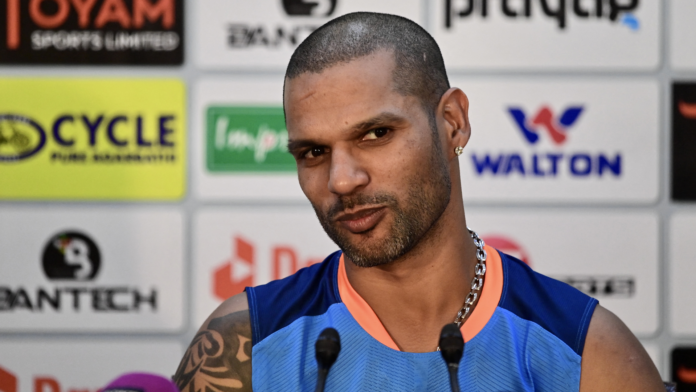In a recent development, the family court of Delhi has granted a divorce decree to Indian cricketer Shikhar Dhawan and his estranged wife. The court cited cruelty as the grounds for the divorce, and this decision has raised legal and personal questions surrounding the high-profile separation.
The family court judge, Harish Kumar, ruled that Shikhar Dhawan is entitled to a decree of divorce based on cruelty. The judgment emphasized that both parties had mutually consented to divorce, and their marriage had effectively ended long before, with no cohabitation since August 8, 2020.
The court also noted that the estranged wife’s intentional decision not to contest the divorce proceedings indicated her willingness for the court to grant the divorce, even if it meant being held responsible for matrimonial offenses. The court observed that she had obtained favorable orders from the Federal Circuit and Family Court in Australia, which might have encouraged her to disregard the court’s rulings in India.
In light of these factors, the court concluded that the petitioner, Shikhar Dhawan, is entitled to a divorce decree based on cruelty, as defined in Section 13(1)(a) of the Hindu Marriage Act (HMA). The marriage, performed on December 30, 2012, according to Sikh rites, at Gurudwara, Nelson Mandela Marg, Vasant Kunj, New Delhi, was dissolved by this judgment.
The court’s ruling also addressed the issue of custody. Given the respondent’s alleged actions, Shikhar Dhawan sought permanent custody of his minor son, arguing that it was in the child’s best interest. Additionally, he pointed out the pending criminal case against the respondent as a significant factor in his favor.
However, custody in this case was complicated, primarily due to previous legal proceedings. The court in Australia had directed Shikhar Dhawan to withdraw his custody claims before the Indian court, citing the “doctrine of forum convenience.” This decision was based on the child’s Australian citizenship and residence in Australia.
The court in India also directed the respondent to withdraw her custody proceedings in Australia. It recognized the challenges of implementing judgments in foreign territories, emphasizing the need for the foreign country’s cooperation.
To balance these complexities, the court issued directives for visitation rights. It ordered the respondent to bring the child to India for visitation, including an overnight stay with Shikhar Dhawan and his family members, during school vacations. Additionally, it allowed unsupervised meetings between Shikhar Dhawan and the child in Australia, provided they were scheduled in advance.
Shikhar Dhawan’s plea presented a troubling personal narrative. He alleged that his marriage was primarily a means for his estranged wife to extort large sums of money from him. Shortly after their wedding, she allegedly threatened to fabricate defamatory material against him and tarnish his reputation and cricketing career if her financial demands were unmet.
Dhawan claimed he had purchased three properties in Australia using his funds but was compelled to make her a majority owner in one property and a joint owner in two others. She had also reportedly received a significant portion of the proceeds from the sale of one property and demanded the transfer of the title for the third property.






















